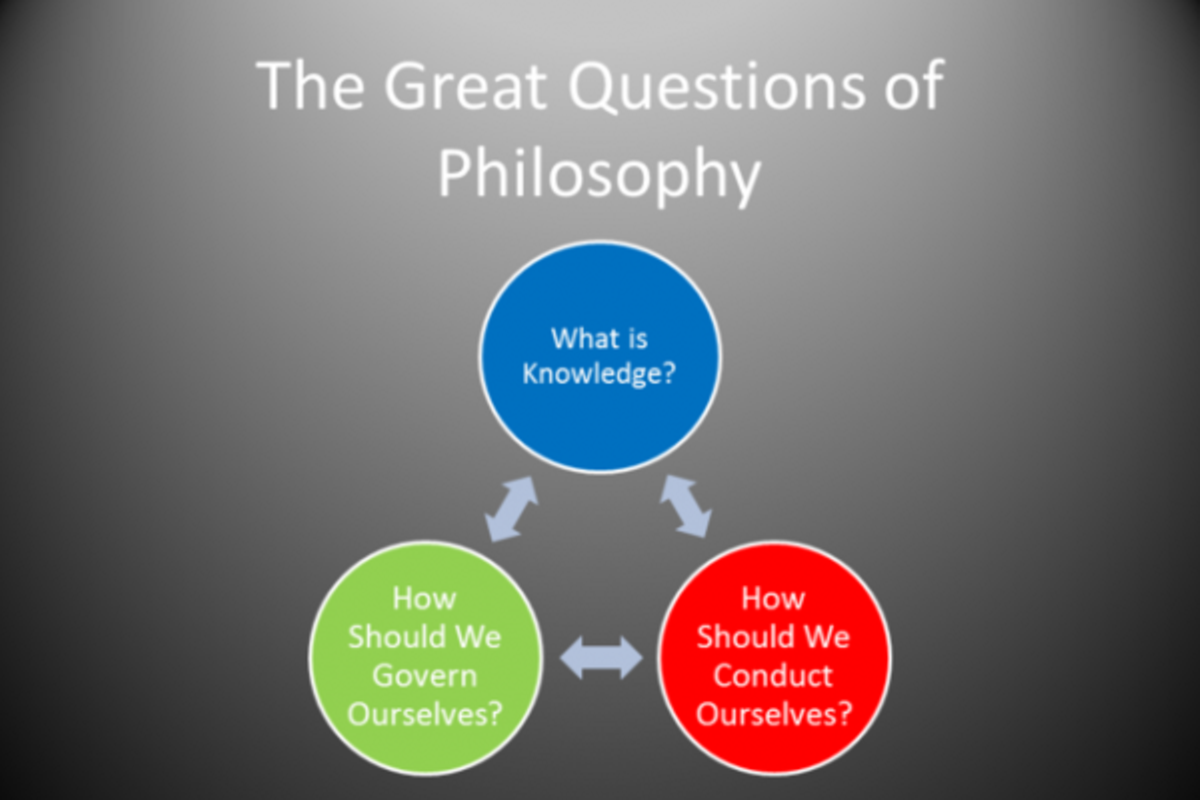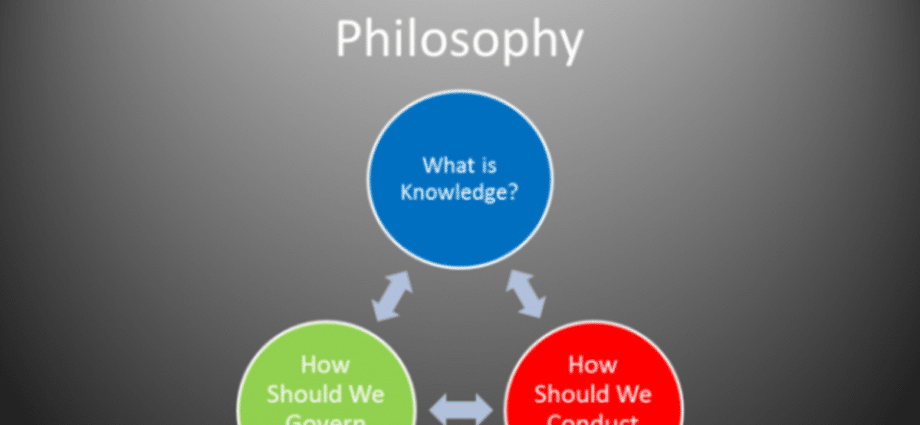
As we celebrate UNESCO World Philosophy Day every third Thursday of November, as Tanzanian academic philosophers we should ask ourselves if our public understands well the real meaning of philosophy.
Topping to the common understanding of philosophy as a bunch of quotes to memorize from Greek philosophers, the meaning of Philosophy should generally be viewed in two directions.
One direction of the meaning of which implicitly carries the second meaning which is to define philosophy as systematic and methodic thought, is to analyse the word “philosophy” itself as it originated. The word philosophy originates from the Greek word filosofia with the etymological meaning of “love of wisdom.” The analysis here therefore should be upon the concept of “wisdom” which is the onus prabandi of philosophers to show why it should be loved.
To love wisdom is to think deeply about finding a solution to a practical problem or a moral issue by providing or proposing a guide or a map to it. When you give a proposal for a particular solution you use propositions.
In philosophy, propositions are important in making arguments whose logicalness is the most important part to make them strong and rescue people from using power and positions they have to forcefully make their argument to have public consent instead of using the philosophically informed powerful argument to lead the way.
This reminds me of Julius Nyerere, the first president of Tanzania with the status of a father of the Tanzanian nation when once said, “tusitumie hoja ya nguvu bali nguvu ya hoja,” to mean what I have just explained in the previous argument.
We can therefore see that logic as a branch of philosophy is very important, especially in political, economic and social discourses.
Unfortunately, there is a massive crime against logic in Tanzania Public discourse, meaning that epistemic justice is prevailing and independent thinking is suppressed.
As we celebrate World Philosophy Day with this year’s theme of “Philosophy for an inclusive and sustainable future: bridging social gaps,” we need to look at philosophy in a holistic manner, by entertaining opposing views through embracing intellectual humility which is one of the key intellectual virtues.
When the ancient Greek philosopher Heraclitus said: “If there were no opposites the world would cease to exist,” he was not only referring to physical objects but also ideas, views and standpoints.
World politics should recognise that opposing ideas are the ones that sustain the world, and therefore should not be suppressed whatsoever.
If you critically consider the main pillars of philosophy which are logic, ethics, epistemology and metaphysics, you will realise that they are the areas that help us to guide our actions.
Ethics in Tanzanian public discourse has been a centre of discussion but in a very narrow way.
Ethics should be looked at in all important areas such as professional ethics, business ethics, environmental ethics and public health ethics.
Many disasters that occur in the nation of Tanzania, leaving aside those that are natural, are largely caused by breaking the ethics of these areas.
What happened in Kariakoo recently when one of the buildings collapsed can largely be associated with some ethical negligence whether professional, environmental or business. Kariakoo is a historical and tourist marketplace in Tanzania located in Dar es Salaam.
I do not believe that when the masons were digging down the building and tempering the foundation of the building, did not know the risks that would occur.
I do not judge them nor do I have the authority to do so, but I am trying to show the lack of ethics as a branch of philosophy in the daily activities of Tanzanians and convinced that business, environmental and professional ethics have all been violated together.
When we observe the principles and ethics of our professions, it is not easy to fall short unless those principles are no longer valid in the current situation and need to be changed to something normal considering the flexible nature of ethics as a function of philosophy. There is an African adage from the Luo ethnic group which says, “ng’amanindo e par oknyali podho” meaning a person who sleeps on a mat cannot fall.
This saying can be translated in many ways but here I would like to use the mat as a foundation, principle or ethics.
It follows that a person who lies on the foundation or a floor in the sense of sticking to his foundation or principles or ethics cannot fall in his or her professional dealings.
These and other African sayings that build African philosophy must be embraced in Africa to make philosophy broad and contextual and to close the gap in philosophical thinking, especially in our country of Tanzania.














